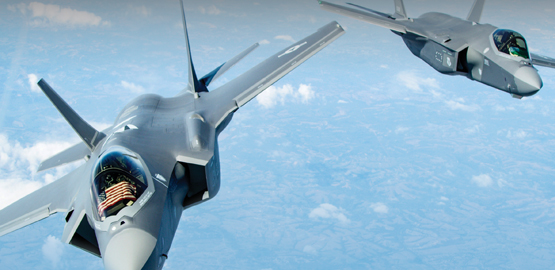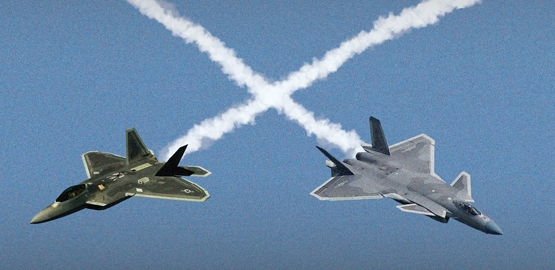Publications
"Nobody does defense policy better than CSBA. Their work on strategic and budgetary topics manages to combine first-rate quality and in-depth research with timeliness and accessibility—which is why so many professionals consider their products indispensable." – Gideon Rose, Editor of Foreign Affairs, 2010-2021
Forging the Tools of 21st Century Great Power Competition
The U.S. national security community has, in recent years, begun to focus its attention on the need to compete with China and Russia. The move to embrace the reality of great power competition, and with it the prospect of great power war, comes after a three-decade respite from serious thinking about what it means to face an economically powerful and technologically sophisticated adversary in peace and in war. How can our governmental organizations, our defense planning premises and priorities, and the linkages among diverse elements of national power be revamped to focus our collective energies on a more demanding set of security challenges than has been the case since the end of the Cold War?
Statement Before the House Armed Services Committee: The Department of Defense’s Role in Long-Term Major State Competition
On February 11, 2020, CSBA President and CEO Dr. Thomas G. Mahnken testified before the U.S. House of Representatives Committee on Armed Services (HASC). Dr. Mahnken was invited to appear before the HASC to deliver his observations on current Defense Department (DoD) priorities, the National Defense Strategy Commission, and the investments and other requirements to enable the United States to succeed in the current era of Great Power competition.
Strengthening the U.S. Defense Maritime Industrial Base: A Plan to Improve Maritime Industry’s Contribution to National Security
CSBA’s report finds that a robust maritime industry, and the policies that support it, are increasingly important in an era of great power competition. However, the maritime industry and the broader national security innovation base face a range of pressures ranging from high regulatory compliance costs to predatory subsidized foreign competition that undermine their long-term viability, ability to innovate, and capacity to support future military operations.
Mosaic Warfare: Exploiting Artificial Intelligence and Autonomous Systems to Implement Decision-Centric Operations
The United States is increasingly engaged in a long-term competition with the People’s Republic of China (PRC) and the Russian Federation–a competition in which U.S. defense leaders and experts argue the U.S. military is falling behind technologically and operationally. U.S. forces, however, may be unable to gain and maintain superiority over their great power competitors by simply using improved versions of today’s forces to conduct modest variations on existing tactics.
Five Priorities for the Air Force’s Future Combat Air Force
The 2018 National Defense Strategy (NDS) calls for increasing the capacity, lethality, and survivability of the joint force in future contested threat environments. CSBA’s report recommends five priorities for the USAF’s combat air force (CAF) that support these objectives.
Taking Back the Seas: Transforming the U.S. Surface Fleet for Decision-Centric Warfare
The U.S. Navy’s surface fleet is at a crossroads. Today’s force lacks the size, resilience, and offensive capacity to contribute effectively to degrading, delaying, or denying aggression.























